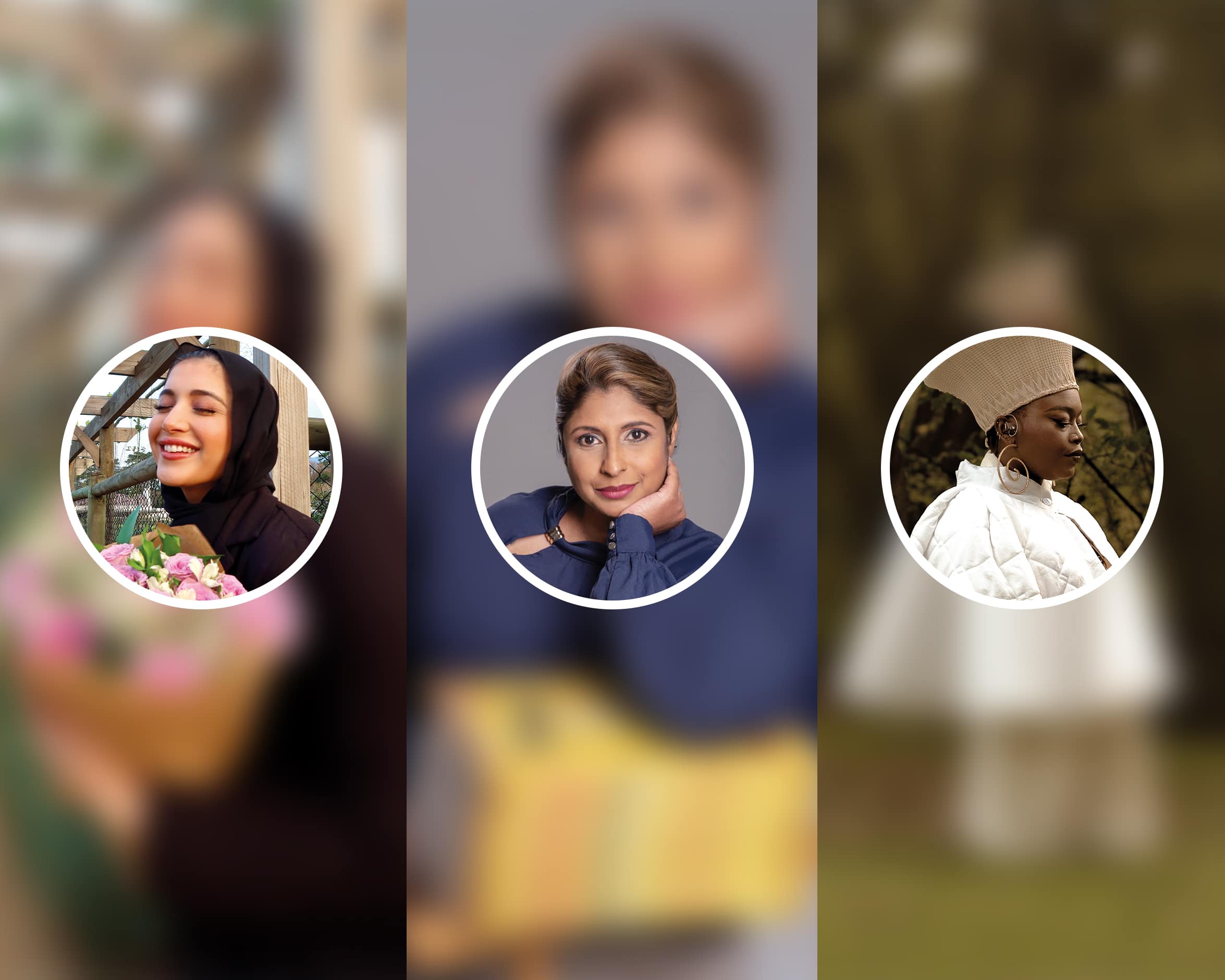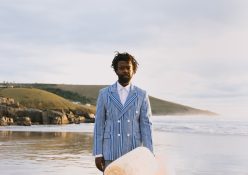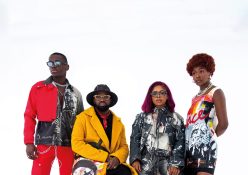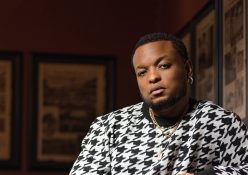Declared a public holiday in 1996, Heritage Day celebrates the diversity of our Rainbow Nation. We asked three local creatives about their personal heritage, and how they celebrate it this month
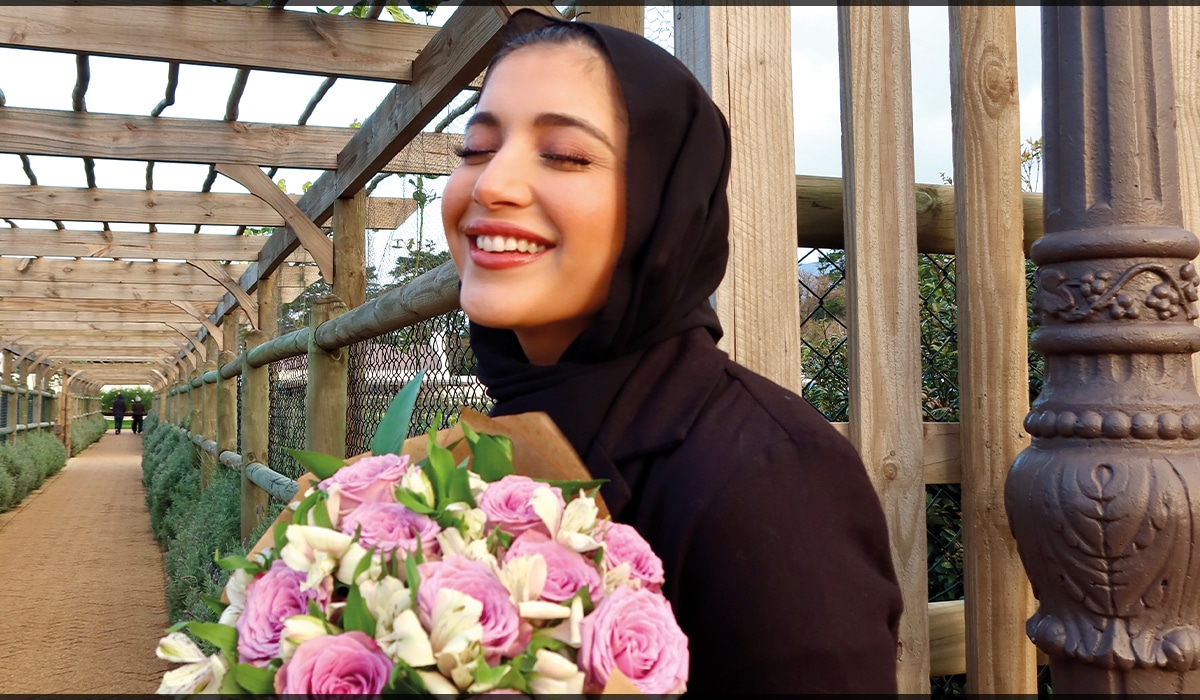
Areeba Davids – Beauty Influencer
How would you describe your culture and identity?
As a Muslim woman born in Pakistan, I come from a vibrant society and a rich cultural heritage that combines Islamic traditions with regional customs and practices, which has followed me all the way to South Africa! My love for make-up and skincare reflects my interest in self-expression and taking care of yourself physically and mentally.
What does Heritage Day mean to you?
Heritage Day holds a special significance for me. I truly feel it represents an opportunity to celebrate and embrace my cultural and ancestral roots, creating a sense of pride in who I am and where I’m from.
What are the most important aspects of your culture?
Pakistani cuisine! Ah, I love how diverse and flavourful the food is. It’s known for its rich spices and aromatic dishes, which brings me to how much I love sharing meals and hosting family and friends! I must add, Islam is a central aspect of my culture, influencing my beliefs, values and daily practices. Islamic teachings emphasise concepts such as compassion, modesty, honesty and respect for others. Extending a helping hand and practising generosity towards others are all deeply ingrained in my cultural values.
How do you incorporate your culture and identity into your work?
I take immense pride in the ability to authentically express myself while simultaneously representing and connecting with a diverse array of individuals. It fills me with gratitude to be in a position where I can embrace my true self and serve as a source of inspiration for others. I also love, and think it is so important, when brands emphasise the importance of inclusivity and diversity in marketing campaigns to promote a sense of inclusiveness.
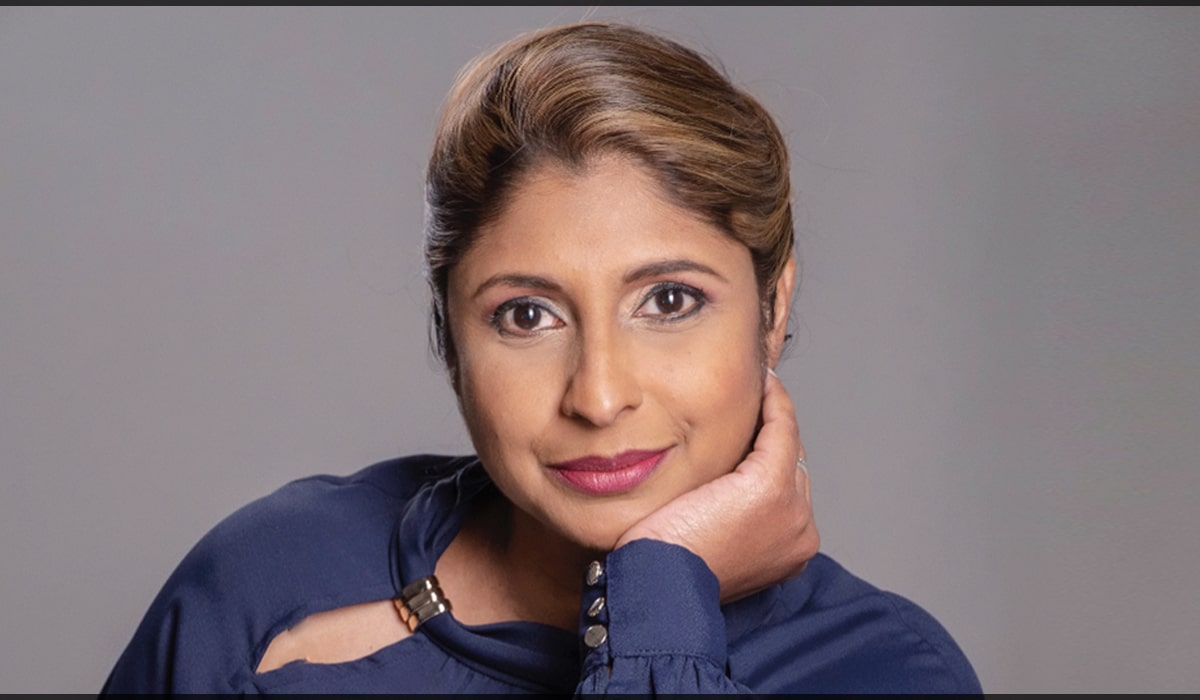
Joanne Joseph – Author
How do you celebrate Heritage Day?
In the last couple of years, I’ve often been roped into participating in a Heritage Day event of some kind. Most often, I’m asked to use my novel, Children of Sugarcane [about an Indian teenager who starts a new life in South Africa], as a launchpad to discuss the importance of preserving our culture, history and sense of identity for generations to come. I really don’t mind working on this day, because there’s so much to explore in terms of tracing our roots and finding a greater sense of identity in them.
How do you incorporate culture and heritage into your storylines and characters?
My characters are caught up in what’s really a hidden, often forgotten aspect of South African history called ‘indenture’ [a form of labour in which people from other countries were brought to British colonies to work on plantations and, ultimately, earn their freedom]. My hope is that the plot and characters succeed in resuscitating this 19th-century history in the most human way, so that regardless of a reader’s background, they can connect with the individuals I write about, their hardships, survival and triumphs. I am deeply committed to the idea of a shared South African and pan-African history and heritage – one that is sometimes difficult to come to terms with, but nonetheless instils in us a measure of respect and pride for where we come from.
How have books influenced your understanding of culture and heritage?
Books have long been my gateway into lives and worlds that started off as entirely foreign to me, but slowly became familiar through the universal truths and strivings of people at the centre of them. Reading has inculcated in me a profound respect for the stories of individuals and communities whose reality may be quite far removed from mine, but which converge in our common humanity. I believe in the importance of bearing witness to one another’s struggles, and I think beautifully written narratives can be so useful in building empathy for another’s life experience.
As a country with a diverse cultural background, how can we rewrite our history to promote unity and acceptance of each other’s cultural identity?
I don’t think we have a sound enough body of knowledge built around our own histories, so that requires intentional expansion. For years, we’ve been brought up on a selective diet of international media and literature that have duped us into believing that our histories, cultures and literature are inferior or unimportant. We need to make a concerted effort to excavate these narratives, to write and publish them, and to work them into school and tertiary curricula so that our children have an equal knowledge of them. Sharing these histories and developing a love for them could be important in building the social cohesion our society so desperately needs.
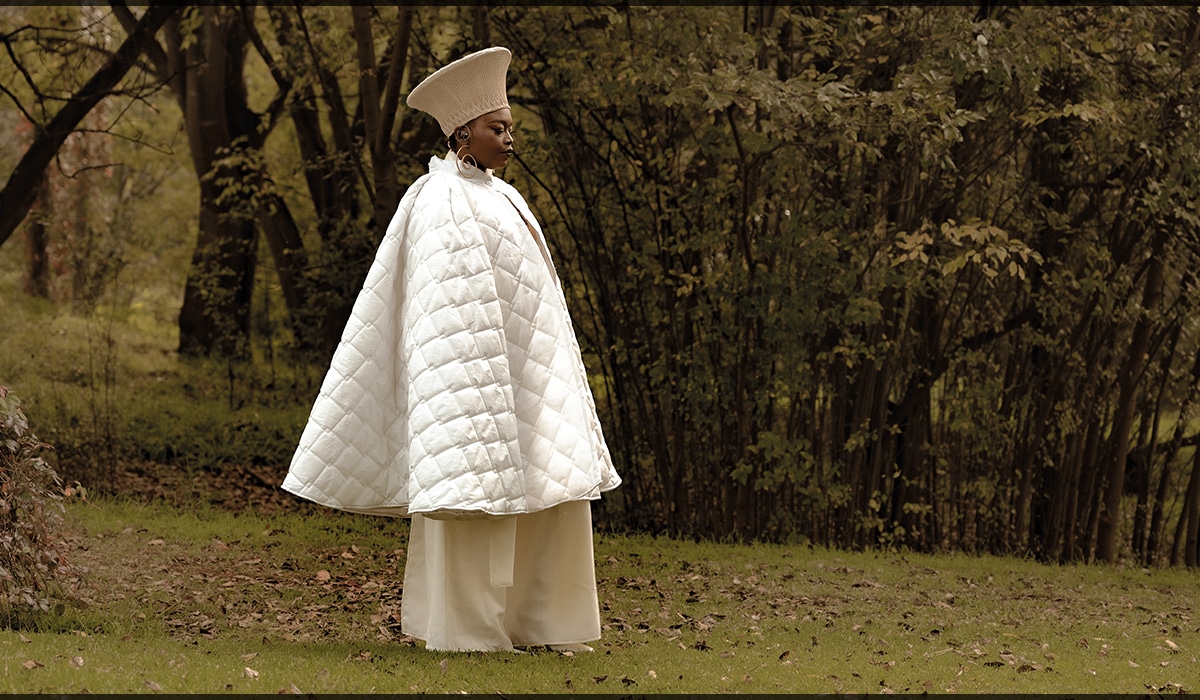
Zoë Modiga – Musician
How have your family’s traditions influenced your music and creativity?
As a Zulu family, a tradition we’ve always had is ritual slaughtering. There’s something about sacrificing as an offering and an honour that has always stuck with me. I think it speaks to my journey in music in many ways … having to surrender to something bigger than myself as a ritual, an offering, a thanksgiving. Knowing that this has been practised by those before me and those to come is quite an anchor and a symbol of purpose.
What does Heritage Day mean to you?
For me, Heritage Day is a remembrance of who we are. It’s about commemorating our customs and beliefs, and realising that we are a part of an incredible lineage that’s worth respecting, honouring and learning more about.
Music is clearly your soul’s food, but what traditional foods do you enjoy?
I enjoy tripe, amanqina (cow heels), ujeqe (steamed bread), amadumbe (taro), ubatata (sweet potato)… I also love traditional Nigerian dishes, East African food and traditional foods from various cultures. I think the heart of people can be found in the foods they make, so I love exploring that.
How do you try to merge the past and the present in your music?
I believe that, as a storyteller and musician, I am a social scientist. I speak of and reflect the present times in my music, while being a student of and being carried by the iconic musicians that I grew up listening to, who spoke of the same things that I do.
How do you think those in the arts can preserve our cultures in an increasingly globalised world?
Being curious about where we come from is such an important part of preserving and being participants of our culture. The truth is that our cultures are constantly evolving because we contribute to them in real time, in each moment. But if we seek from those that came before us, I think we have a better understanding of ourselves and knowing that we are a part of something way bigger. There are meaningful connections to discover in that.
Keep up with them
Instagram: @areebaartistry
Instagram: @joannegjoseph
Instagram: @zoemodiga
Words by Sindeka Mandoyi
Photos: Supplied



